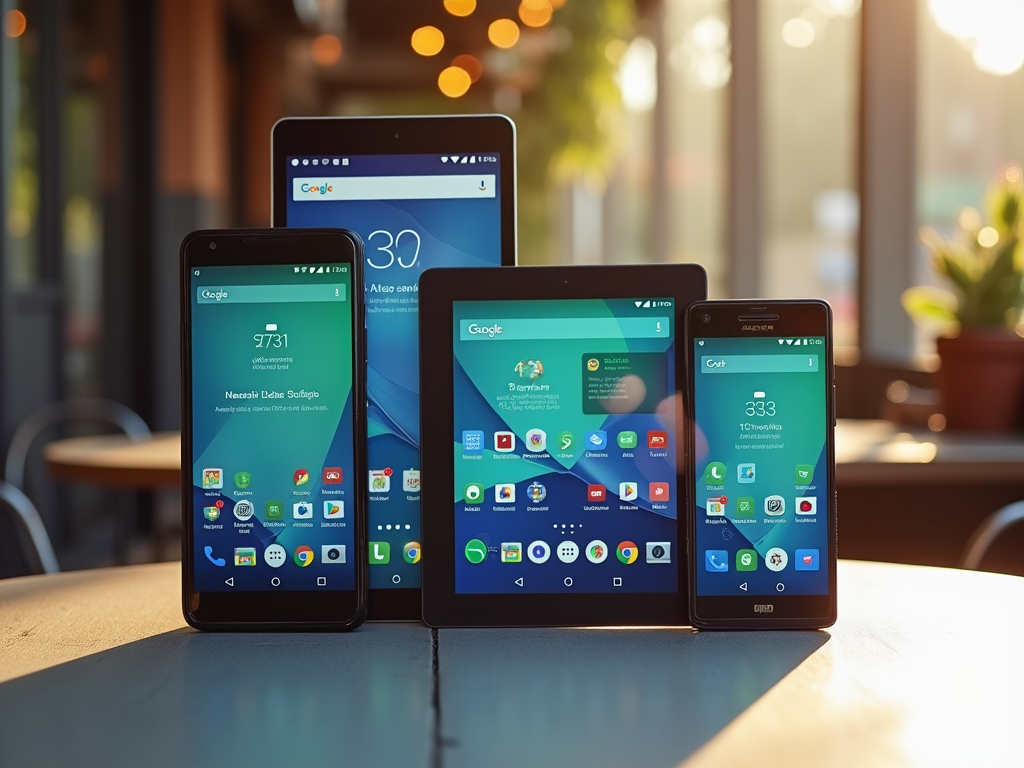Why Your Android Notifications Are Delayed, and How to Fix It
In an era where our smartphones are an extension of ourselves, we heavily rely on notifications to stay connected and informed. Whether it’s a message from a loved one, a reminder for a scheduled meeting, or alerts from our favorite apps, we expect these notifications to arrive promptly. However, many Android users experience frustrating delays in receiving these alerts, leaving them out of the loop on critical updates. Understanding the intricacies of how notifications function can shed light on why these disruptions occur and how to resolve them effectively. There’s more to this issue than meets the eye, as various settings and features within the device can significantly impact how and when notifications are delivered. Let’s dive deeper into the likely causes and handy fixes for delayed Android notifications.
Android notifications serve a vital role in keeping us informed, but a host of issues can cause significant delays. To effectively tackle delayed notifications, it’s essential first to grasp the underlying factors that contribute to this inconvenience. From connectivity challenges to software configurations, a variety of components can play a role in notification delays. Understanding these elements empowers users to take proactive measures in ensuring a seamless notification experience. With a little troubleshooting, you can reclaim the timely notifications that keep you organized and connected.
Understanding Android Notifications

Android notifications are designed to deliver alerts directly to your device, often in real-time. Despite their reliability, various factors can hinder their performance, prompting unwelcome delays. Many users often overlook these aspects, attributing the issue solely to the devices or apps they use. However, several underlying causes need to be unraveled, ranging from user settings and app configurations to technical specifications of the devices. In the fast pace of modern life, missing a timely notification can result in missed opportunities or important reminders. Thus, it’s crucial to stay informed about the possible causes of notification delays and how to counteract them effectively.
Common Causes of Delayed Notifications

Identifying the root causes of notification delays is essential for troubleshooting effectively. Understanding how each factor contributes to delayed notifications can aid in creating a more efficient notification system on your Android device. Below are several common issues that can cause these delays:
- Poor Internet Connection: An unstable or weak internet connection can significantly hamper the timely delivery of notifications. Whether you are on cellular data or Wi-Fi, fluctuations in connection quality can lead to disruptions.
- App-specific Settings: Some applications have built-in settings intended to optimize resource usage, which may inadvertently delay notification delivery. Adjusting these settings can yield more prompt alerts.
- Battery Optimization Features: Battery-saving features aim to extend battery life, but in doing so, they may restrict background activities necessary for notifications. Disabling or adjusting these settings can improve performance.
| Cause | Impact on Notifications |
|---|---|
| Weak Wi-Fi or Cellular Signal | Delays in receiving alerts |
| App Notification Settings | Notification filtering or disabling |
| Battery Saver Mode | Restricted background app usage |
How to Fix Delayed Notifications
Once the common causes of delayed notifications are identified, you can take systematic steps to rectify the issues. Implementing these methods can ensure a smoother notification experience. Below are effective strategies you can adopt:
- Check Your Internet Connection: Ensure your device has a stable connection. You can switch between Wi-Fi and cellular data to determine if the delay persists.
- Adjust App Notification Settings: Navigate to Settings > Apps, select the affected app, and verify that notifications are turned on. Look for any active “Do Not Disturb” or similar settings that could interfere.
- Disable Battery Optimization: Go to Settings > Battery and check if battery optimization features are affecting app performance. Consider whitelisting essential apps.
Conclusion
In closing, understanding the reasons behind delayed notifications on Android devices can make a substantial difference in user experience. By acknowledging the role of connectivity, app settings, and battery features, you can take proactive measures to resolve these frustrating delays. Regularly evaluating your device’s settings and ensuring a stable internet connection are essential to receiving timely alerts. Don’t underestimate the power of staying updated; prompt notifications can enhance your productivity, ensuring you never miss an essential message or reminder.
Frequently Asked Questions
- What should I do if my notifications are still delayed after troubleshooting? Try restarting your device or resetting your network settings. If issues persist, consider reinstalling the problematic app.
- Are certain apps more prone to notification delays? Yes, apps that require active internet connections, such as social media platforms and messaging services, can experience delays, especially with poor connectivity.
- How do I know if an app is restricted by battery optimization? You can check the app’s settings under Battery Optimization options in your device’s settings menu.
- Can third-party apps affect notification delivery? Yes, some third-party app settings may interfere with native Android notification delivery. Check these settings if you’re facing issues.
- Is there a way to test if notifications are working correctly? You can send a test notification from within the app or use a notification-testing application available on the Play Store.
